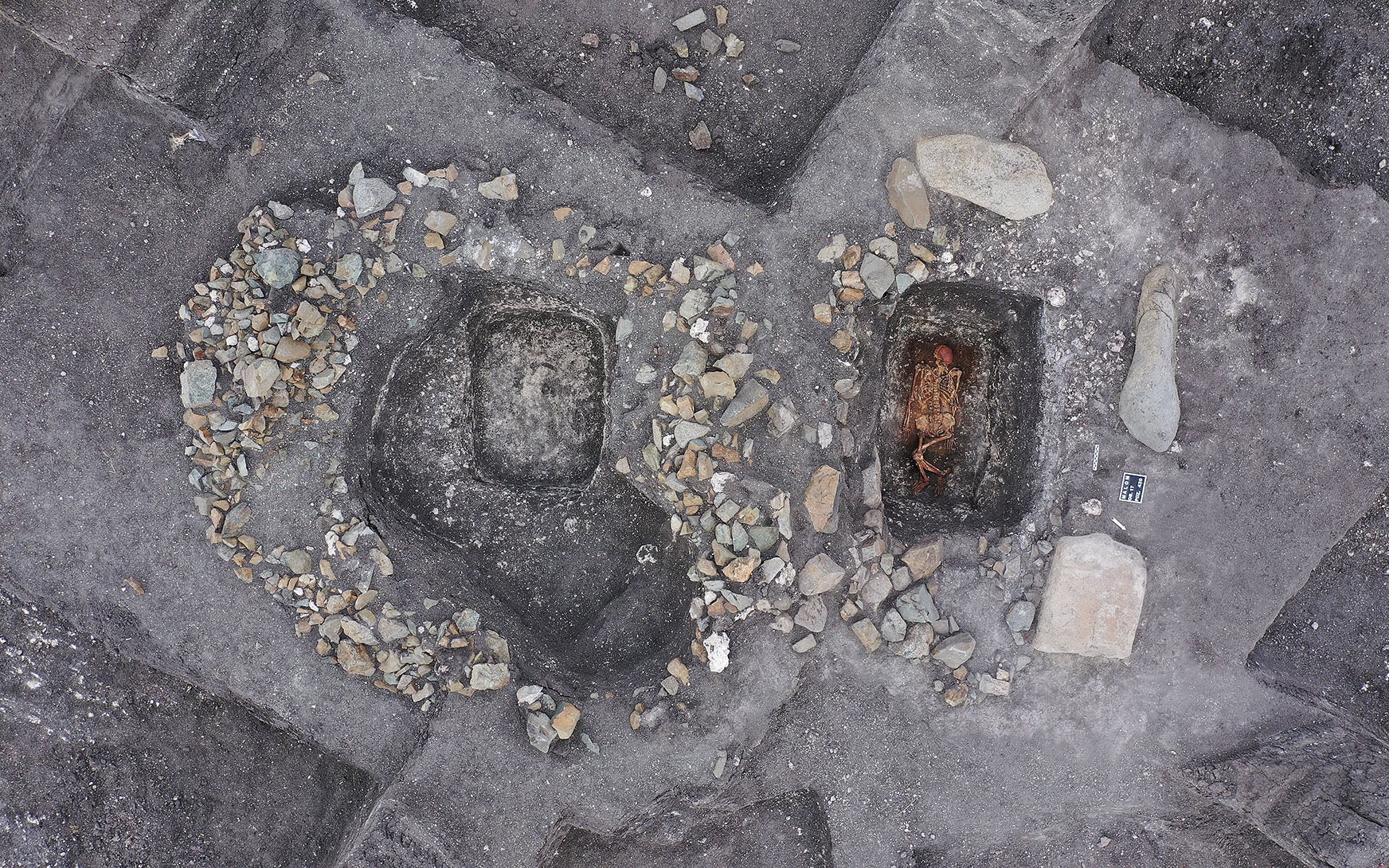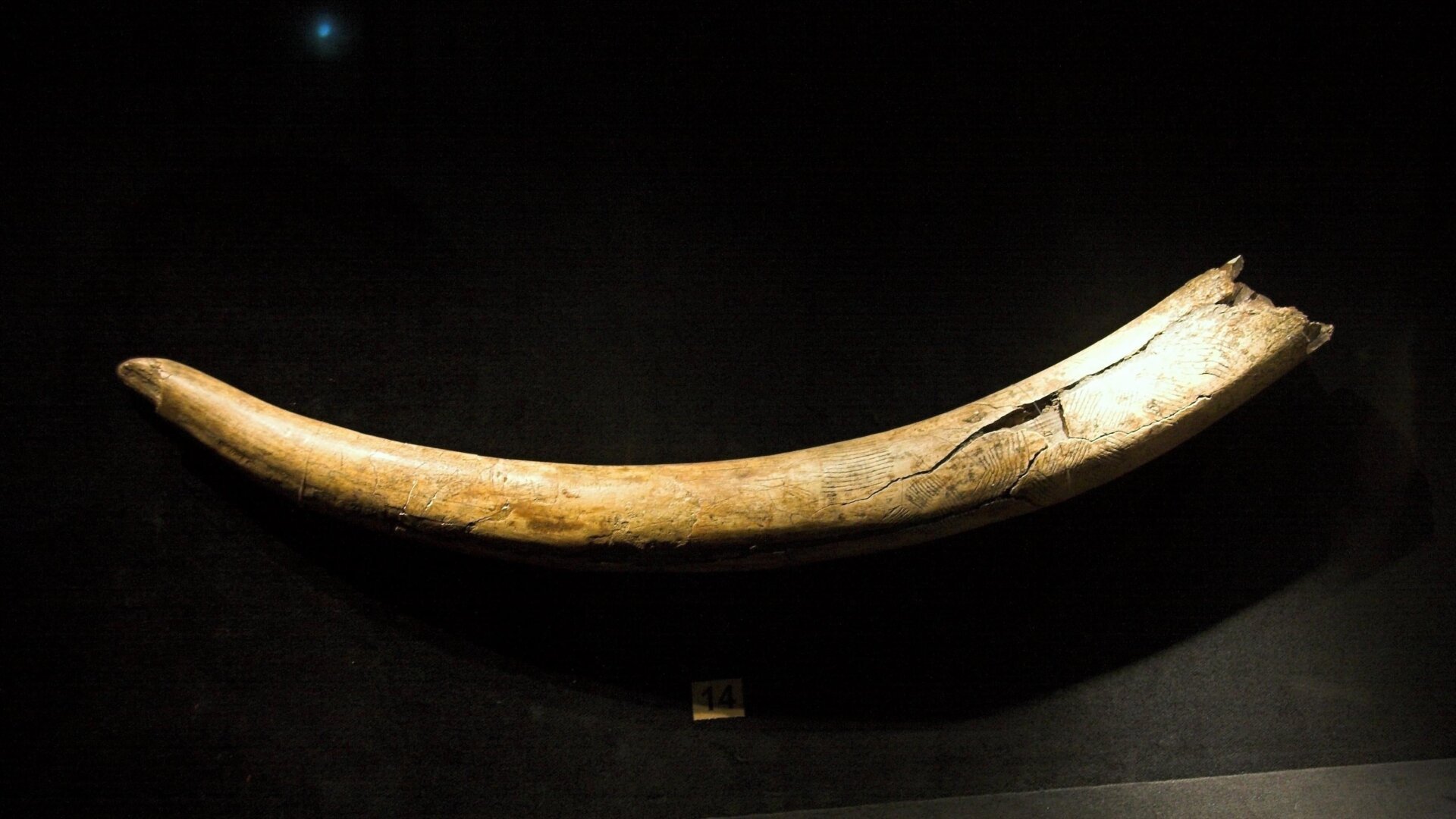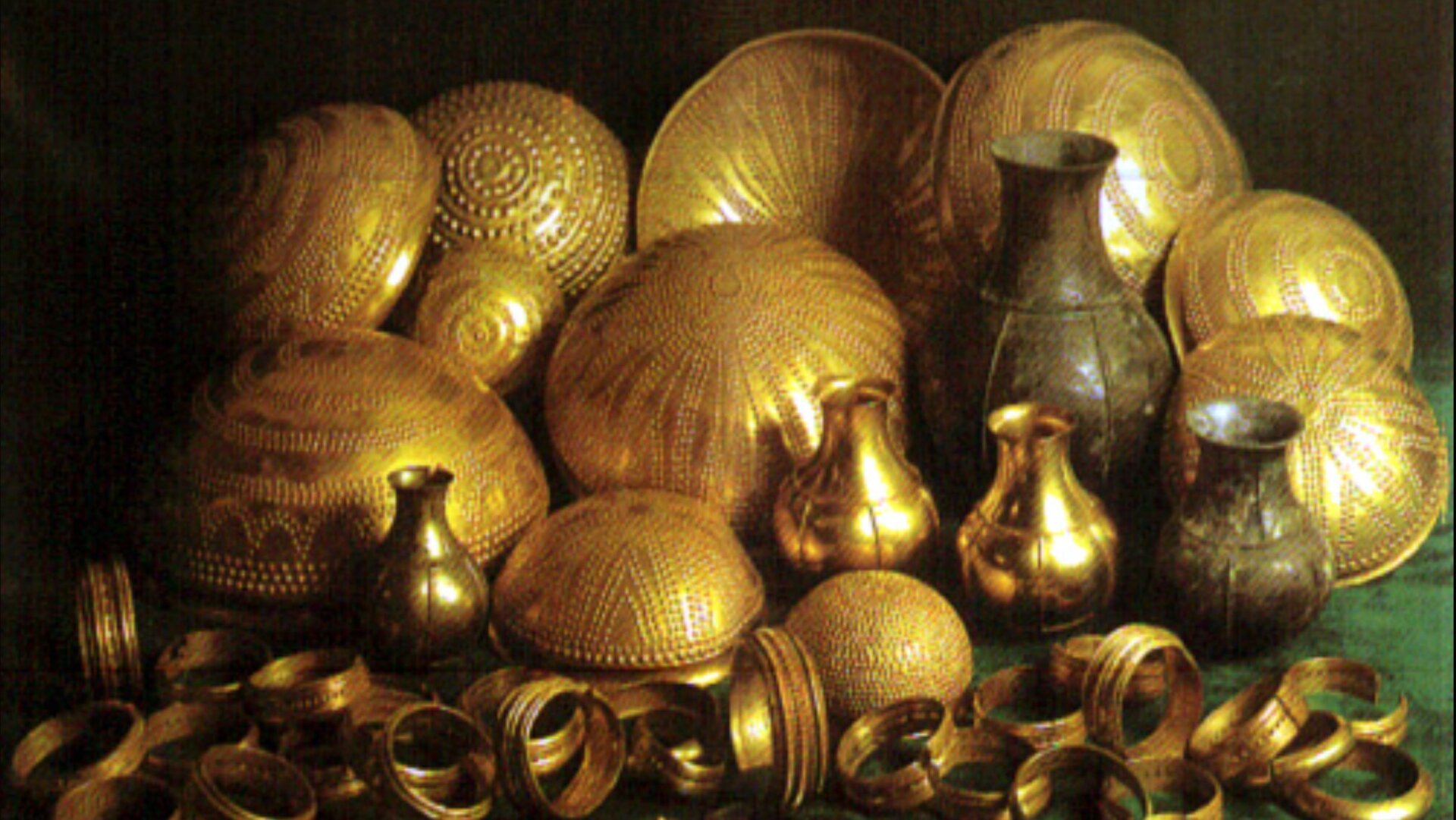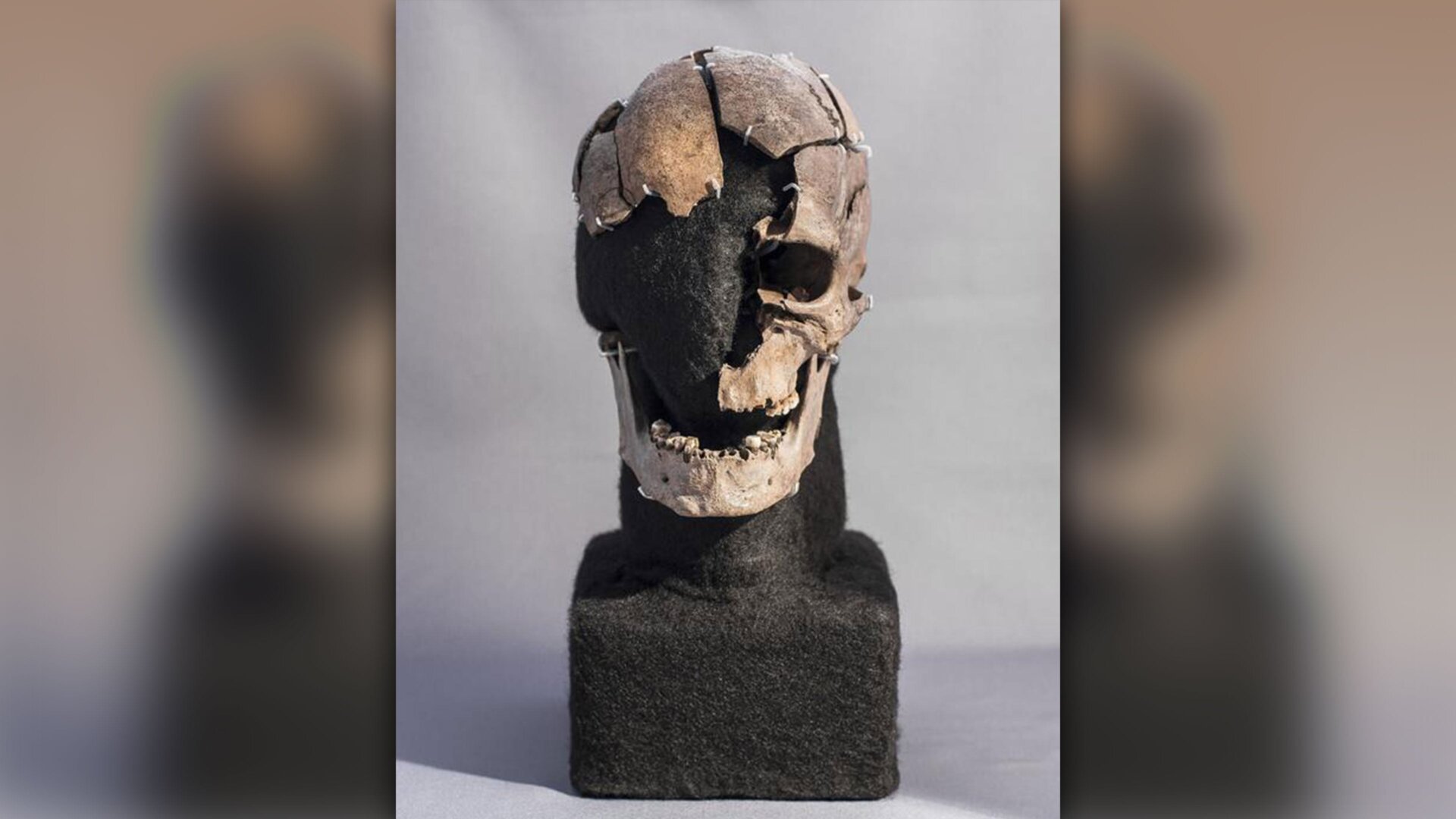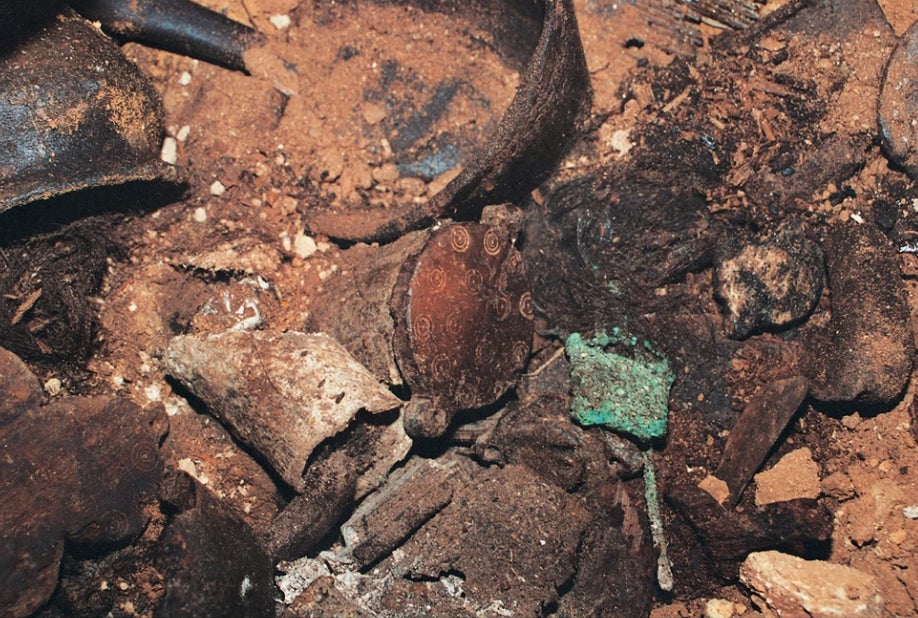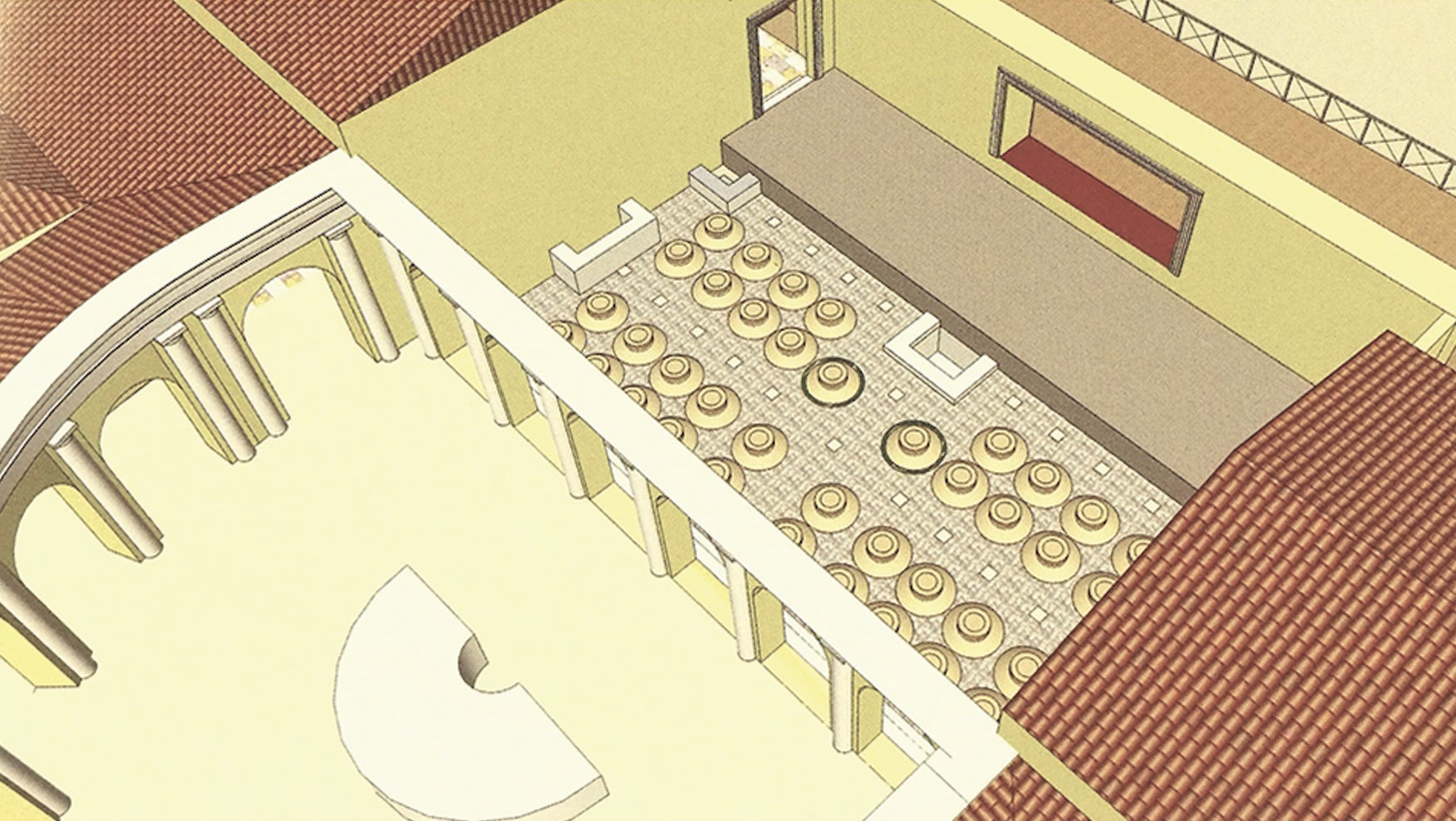Archaeology consistently delivers exciting discoveries, and 2023 proved no different. From ancient DNA analysis to unexpected underwater finds, the year unveiled a wealth of fascinating insights into the past. This article explores some of the most remarkable archaeological finds of 2023, highlighting the diverse range of research and the continuous evolution of our understanding of history.
Ancient Genomes Reveal New Insights
2023 saw significant advancements in the study of ancient genomes. Researchers extracted and analyzed DNA from ancient remains, providing valuable information about migration patterns, disease evolution, and ancestral lineages. These genetic studies continue to reshape our understanding of human history and offer a deeper look into the lives of past populations.
Roman Weaponry Discovered Near the Dead Sea
A remarkable discovery in caves near the Dead Sea brought to light a cache of Roman weaponry. The well-preserved artifacts, including swords and spearheads, offered a glimpse into Roman military activities in the region. This find provides valuable context for understanding the historical and political landscape of the time.
A Shipwreck Stands the Test of Time in Lake Huron
In the depths of Lake Huron, a remarkably preserved shipwreck was discovered, its structure surprisingly intact despite centuries underwater. This discovery provides a rare opportunity to study shipbuilding techniques and maritime history. The shipwreck serves as a time capsule, offering insights into the era’s trade routes, maritime technology, and the lives of those who sailed the Great Lakes.
Conclusion
The archaeological discoveries of 2023 provided remarkable glimpses into the past. From ancient genomes revealing intricate details about our ancestors to the discovery of Roman weaponry and a preserved shipwreck, these finds highlight the ongoing quest to uncover and understand history. The field of archaeology continues to evolve, employing cutting-edge technologies and methodologies to unlock the secrets of bygone eras.



